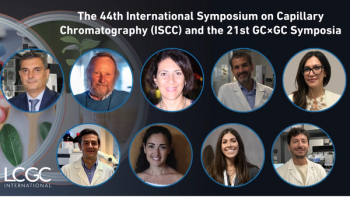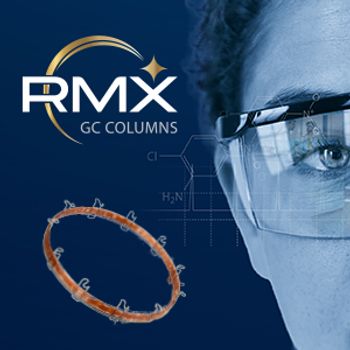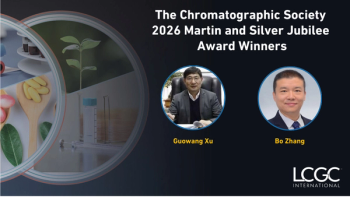
E-Separation Solutions
- E-Separation Solutions-02-20-2007
- Volume 1
- Issue 2
Ask the Editor: Definition of Type C Silica
According to "Column Watch" Editor Ron Majors, Type C silica is a term introduced by Dr. Joseph Pesek of San Jose State University (California).
A reader recently asked:
What is Type C silica?
According to "
The silica has a hydrid surface (--Si-H) rather than a silanol surface (--Si-OH). It behaves somewhat differently but seems to still have a low level of silanols. The column can be used in the reversed-phase mode as well as in a mode called nonaqueous reversed phase in which organic mobile phases are used. It offers a different retention behavior compared with a regular C18 phase.
There are several derivatives that are commercially available from MicroSolv Technology, and MicroSolv has the license to manufacture this product using Dr. Pesek's patent. The product is considered as an evolutionary product rather than a revolutionary product.
Further Reading
You can read more about the columns' properties in the March 2006 issue of
Questions?LCGC technical editor Steve Brown will answer your technical questions. Each month, one question will be selected to appear in this space, so we welcome your submissions. Please send all questions to the attention of "Ask the Editor" at
Articles in this issue
almost 19 years ago
Separation Instrumentation Demandalmost 19 years ago
Technology Forum: Pittcon 2007Newsletter
Join the global community of analytical scientists who trust LCGC for insights on the latest techniques, trends, and expert solutions in chromatography.




